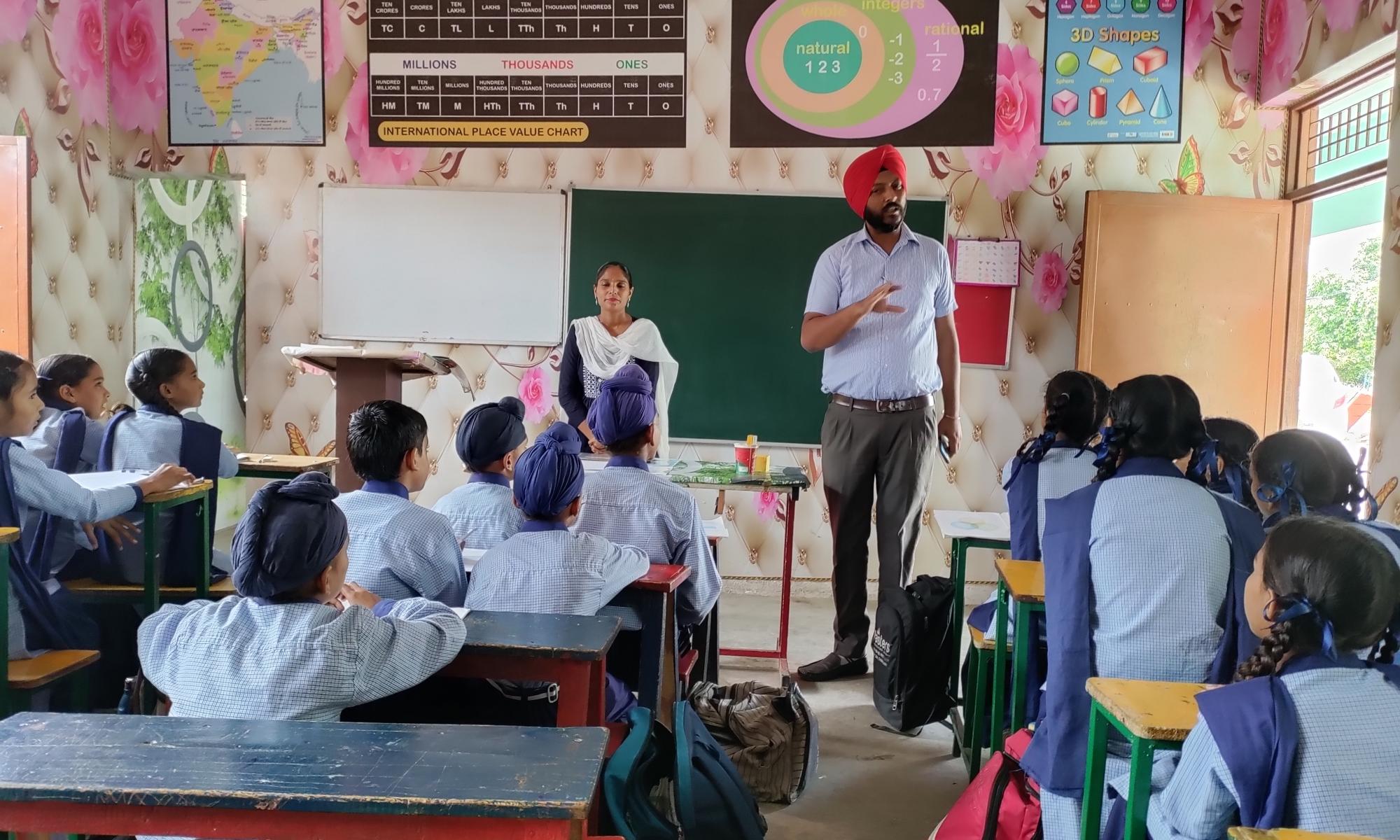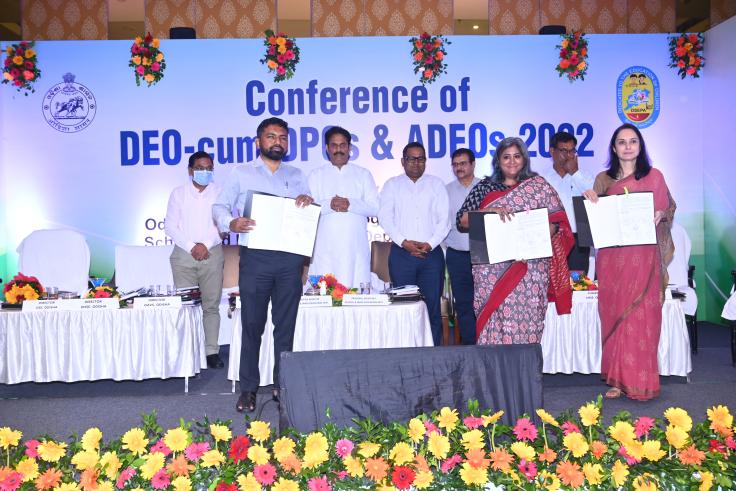
GENDER EQUITY CURRICULUM
Reshaping adolescents’ gender attitudes by encouraging students to discuss gender equality in the classroom
Research shows that even long-held beliefs and discriminatory gender norms can be changed by encouraging adolescents to discuss gender inequality at an age when they’re still forming their opinions. As of 2023, an evidence-based gender equity curriculum has been introduced to reshape adolescent boys and girls’ gender attitudes, behaviors, and aspirations across 6,250 schools in Punjab. It is on track to be introduced in more than 23,000 public schools in Odisha, reaching 3.3 million students across the state in each academic year.

Partners
 |  |  |  |
| Breakthrough | Department of School Education, Punjab | Department of School and Mass Education, Odisha | Directorate of Education, Daman and Diu |
Globally, gender inequality severely limits the academic, professional, and economic potential of women and girls. Economic development alone, however, seems unlikely to achieve gender equality. In India, deeply-entrenched cultural norms and discriminatory attitudes towards women and girls often perpetuate gender inequality despite overall economic growth.
From 2014 to 2016, J-PAL affiliated researchers partnered with the NGO Breakthrough and the Government of Haryana to evaluate an interactive classroom curriculum that encouraged adolescent boys and girls to reflect on and discuss gender roles in order to instill more progressive gender attitudes and gender-equitable behaviors among them.
Evidence-to-action story

Point of contact

Arushi Bedi
Senior Policy Manager, J-PAL South Asia
[email protected]
Arushi Bedi is a Senior Policy Manager at J-PAL South Asia where she works on the scale-ups team. As part of her portfolio, Arushi leads the scaling up of interventions that have been proven effective through rigorous evaluations.
